Hi everyone,
In this week’s podcast, we dig a little deeper into the circular economy and its potentials for the built environment, taking the case of Southeast Asian countries and cities.
I had the pleasure to discuss with Devni Acharya, Senior Consultant, Advisory, Planning and Design at ARUP Singapore.
Devni has consulted on projects across the UK, Europe, Africa, the Middle East and now Asia Pacific, advising cities, investors and developers on circular economy projects as they work towards their net zero carbon targets. She has also worked with the Ellen MacArthur Foundation on the adoption of circular principles in the real estate industry and on the definition of new business models to generate value and improve financial performance.
How’s the concept of circular economy being received in the region, especially since the COVID-19 pandemic?
How can circular principles be adopted at-scale to drive the development of new economic sectors in the region?
Can real estate value chains in Southeast Asia adapt to circular thinking?
With Devni, we explore some examples of circular economy policies in the region, including Thailand’s Bio-Circular-Green Economic Model (BCG), Singapore’s Zero Waste Masterplan or Indonesia’s circular economy opportunity assessment.
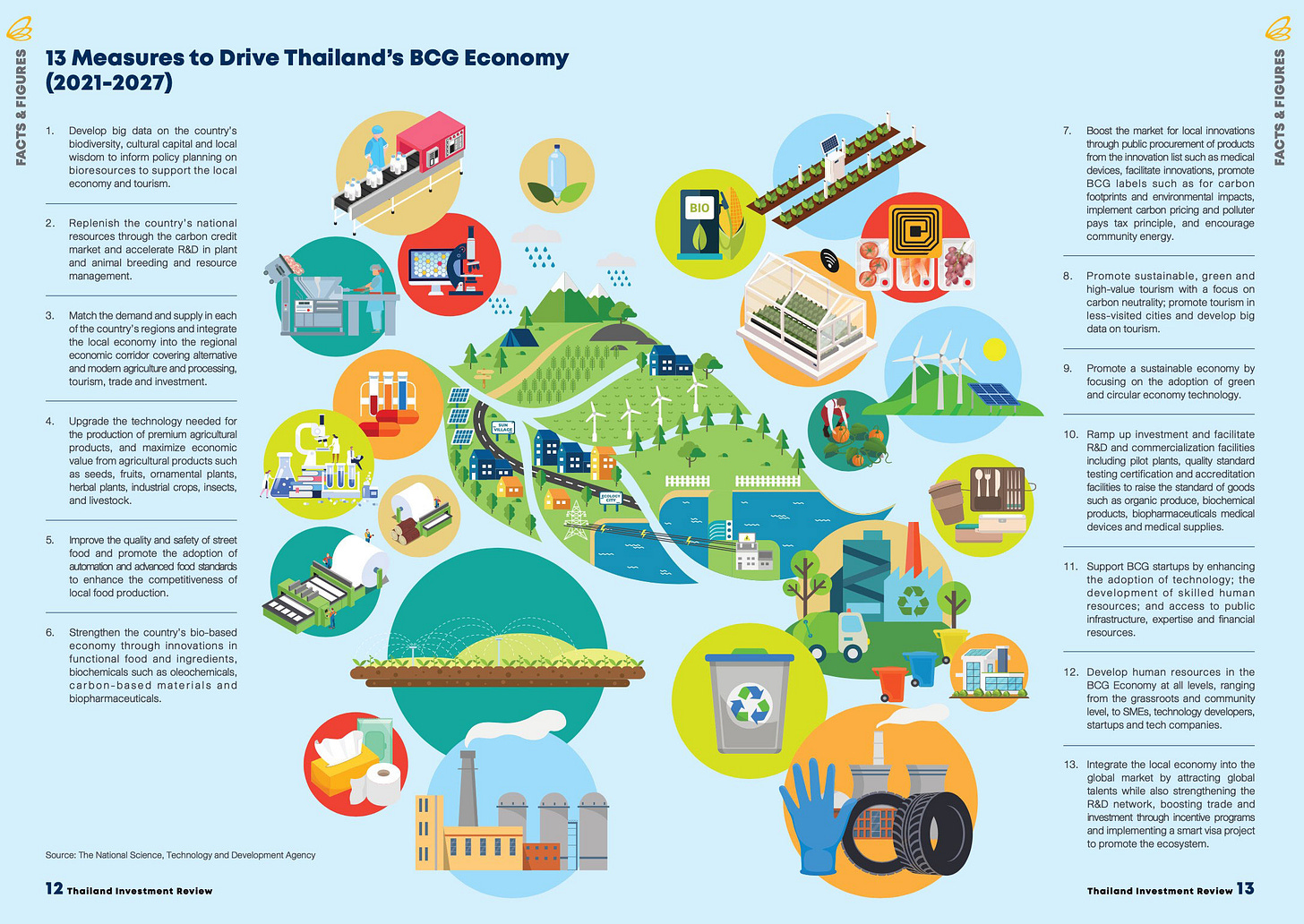
2021 saw a surge in the number of circular economy plans across Southeast Asia, a region that is both a vital driver of global manufacturing, deeply integrated in global supply chains, and one of the epicentres of the current climate crisis.
How can cities in Southeast Asia adopt circular economy principles to become more resource efficient, competitive, and innovative? That’s our topic for this week.
Enjoy the episode and feel free to share it around or drop it in one of your company’s Slack channels!
-- I’m sorry for the two little mic bumps at 7’45’’ and 16’42’’ 🙏🏻 --
🧐 Some resources
Realising the value from circular economy in real estate, a must-read publication from ARUP and the Ellen MacArthur Foundation looking at new circular business models to improve financial performance and generate value
Circular economy in cities, a suite of resources developed by the Ellen MacArthur Foundation for adopting circular economy in cities, including different case studies
Thailand’s Bio-Circular-Green Economic Model (BCG), one of Southeast Asia’s most advanced national strategy which foregrounds circularity as a driver for economic development
Singapore’s Zero Waste Masterplan, a reference document, demonstrating the commitment of the city-state to implement circularity at-scale. The Masterplan sets a new waste reduction target for Singapore, reducing the waste sent to the Semakau landfill (the only landfill in the country) by 30% by 2030.
The role of adaptive reuse in circular economy, throwback to one of our early podcast episodes when we met with Ben Gattie, founder of The Working Capitol, a co-working space that sits in an old biscuit factory, in the very city centre of Singapore
The economic, social and environmental benefits of a circular economy in Indonesia A country with plenty of natural resources, Indonesia has the potential to be a leader in circular economy - a report led by Indonesia’s Minister of National Planning and Development (Bappenas), UNDP and the Embassy of Denmark to Indonesia
How can Asia build a circular economy in its post-Covid recovery? The COVID-19 pandemic has created a momentum to rethink the ways our economies work. Is Asia ready to implement the concept of circularity across economic sectors?
That’s it for today. As usual, a small 💚 at the bottom of the page goes a long way.
Thanks for your support and see you next week for a new post. Stay tuned.

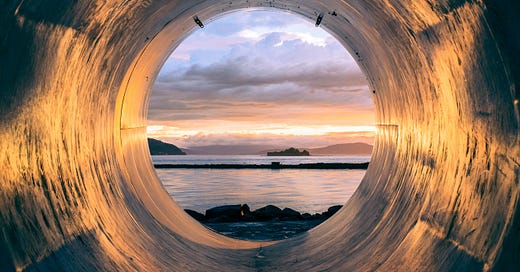




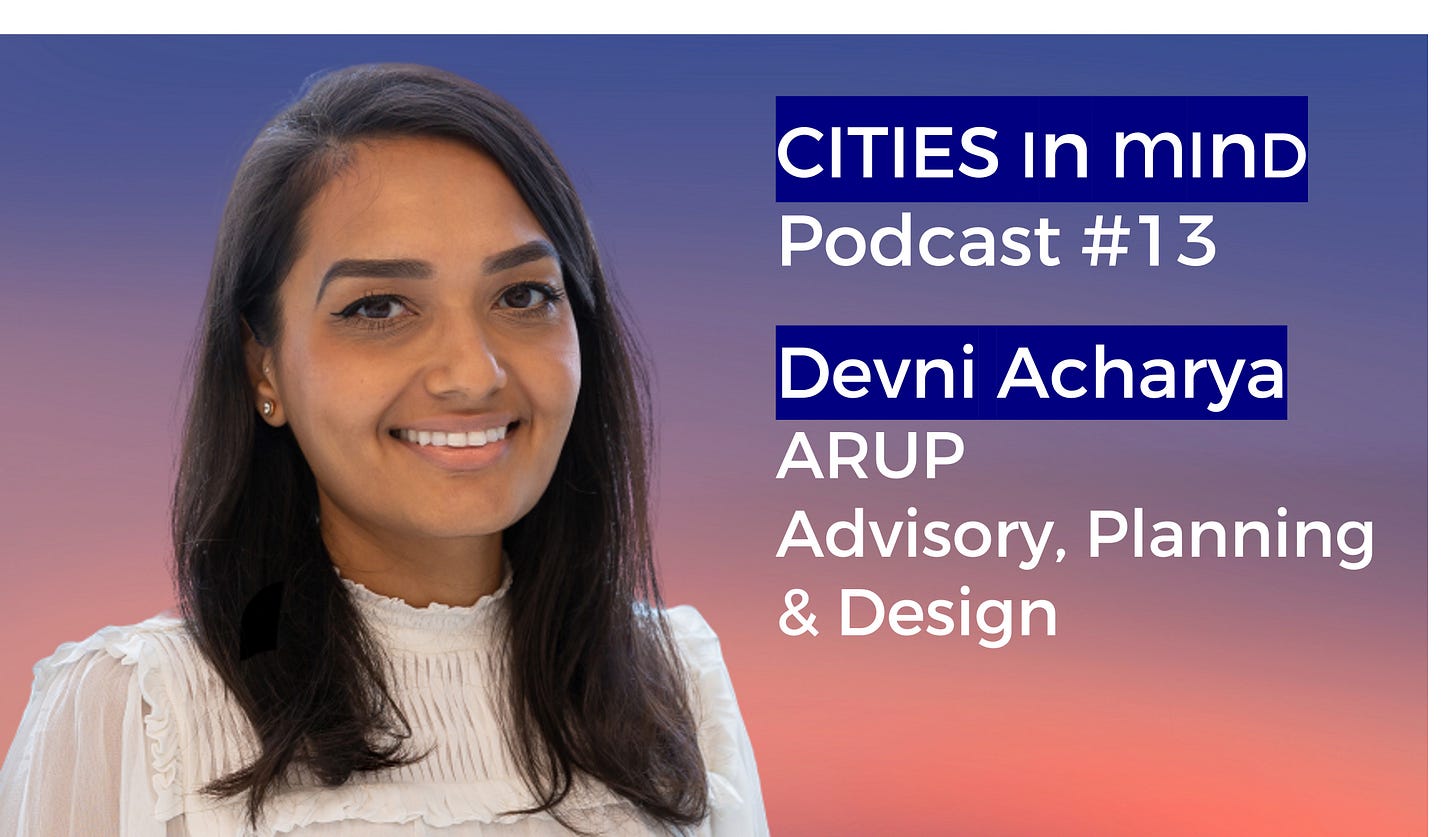

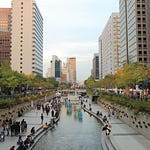
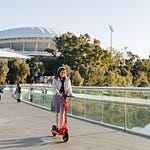

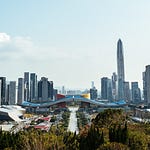
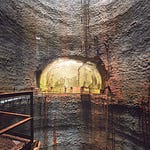


Share this post